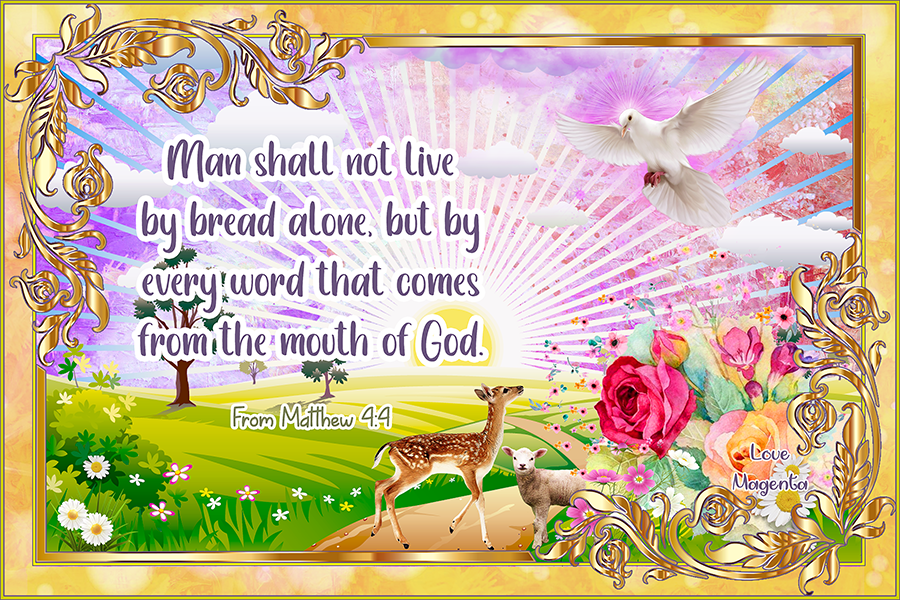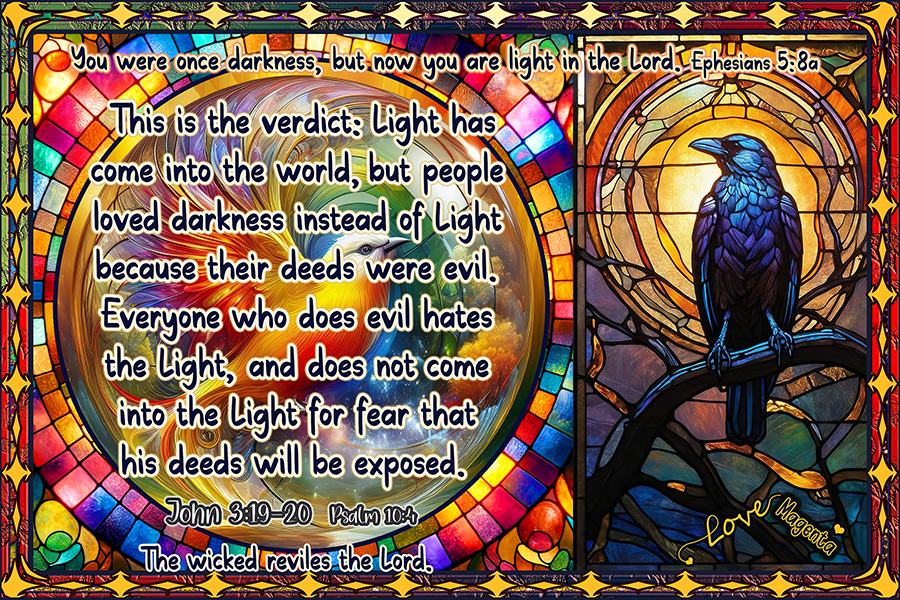So...your solution is to dichotomize both testaments? Did one of your gods inspire the Old and another of your gods inspire the New? Or is the God of the bible mutable? Did God assume one character for the Old and a different one for the New? Or maybe all the OT isn't divinely inspired, and all the passages I quoted were mere ideas of men?
Paul quoted Mal 1:2-3 in the Rom 9 passage. The Heb term
saanee'ity (Strong's 8130) is used in Mal 1:3. And for your info, the very same term is used in Ps 5:5; 11:5; Prov 6:16, etc. Here's how BLB.Classic defines the term:
https://www.blbclassic.org/lang/lexicon/Lexicon.cfm?strongs=H8130&t=KJV&page=4
- to hate, be hateful
- (Qal) to hate
- of man
- of God
- hater, one hating, enemy (participle) (subst)
- (Niphal) to be hated
- (Piel) hater (participle)
- of persons, nations, God, wisdom
To be sure, God in eternity "preferred" Jacob over Esau before they did anything good or bad -- so the reason for his "preference" is not be found in either of them! But this doesn't change the meaning of the Hebrew term for "hate". You have allowed yourself to be deceived. But what's even more amazing is that you seem to be so unaware that such passages even existed in the first place. Haven't you prided yourself in being such an ardent and faithful student of God's Word?
It certainly doesn't take very much for you to so easily and offhandedly dismiss the OT scriptures, does it? Or to pit both testaments against one another?


